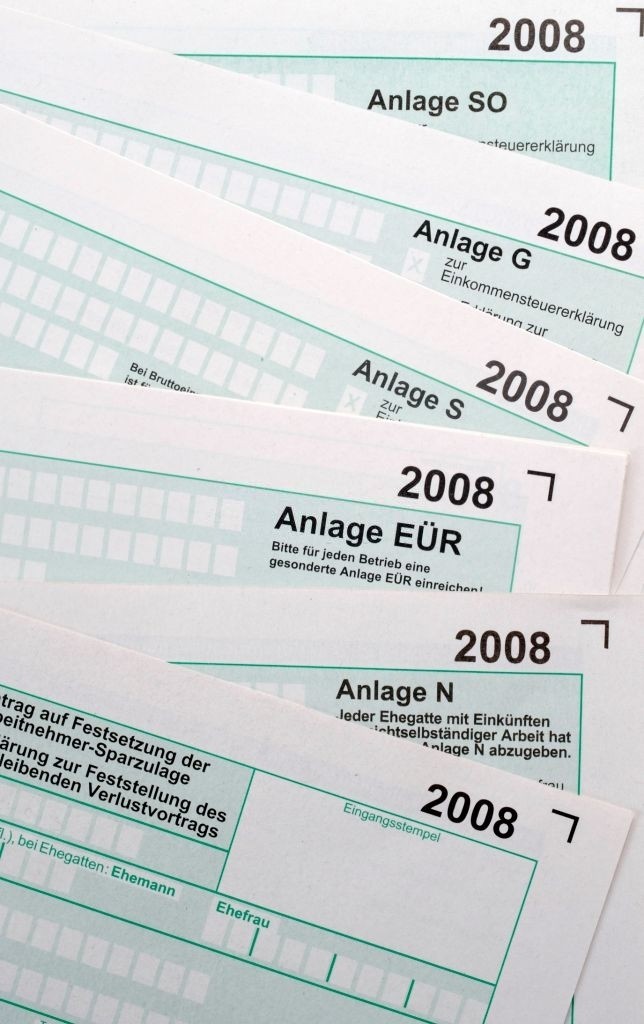It is not clear as to what level of conduct justifies the imposition of the $100,000+ foreign bank account reporting (“FBAR”) civil tax penalty. In Bedrosian v. United States, No. 15-5853 (E.D. Pa. 2017), the court considered whether reckless conduct is sufficient given the facts presented in the case. The FBAR Civil Tax Penalty The…
Category: Tax Procedure
Tax Procedure
From IRS audits and appeals to tax litigation and penalties, our tax attorneys can help you navigate the tax procedure landscape with confidence. Give us a call to see how we can help, (713) 909-4906.
Court Says Employer Entitled to Worker’s IRS Records
When the IRS determines that independent contractors are taxed as employees, it is up to the employer to show that the IRS determination is incorrect. One way to do this is to show that the workers paid tax even though the employer did not withhold the tax. In Mescalero Apache Tribe v. Commissioner, 148 T.C.…
Computing the Reportable Transaction Penalty
The Section 6707A reportable transaction penalty can be difficult to work with given the more limited avenues for contesting the penalty. The court addressed this in Bitter v. Commissioner, T.C. Memo. 2017-46, in the context of a Section 412(i) plan. Tax advisors have been waiting for an answer to the very question of how to…
Conviction as a Deterrent for Employment Tax Crimes?
Failing to pay taxes to the government is a crime, including failing to pay employment taxes withheld by employers from employee wages. Employment tax fraud includes cases involving paying employees in cash so there is no record of payments, filing false payroll tax returns, failing to file payroll tax returns, and pyramiding. Pyramiding is particularly…
Offer in Compromise Extends IRS Collection Time
When you owe the IRS back taxes, sometimes it is best to simply wait for the IRS’s collection statute to expire. This wait-and-see approach involves waiting to see if the IRS attempts to collect the tax debt. Sometimes the IRS doesn’t even bother to take any action to collect unpaid taxes. To succeed, it is…
Check Signing Activity Not Sufficient for Trust Fund Penalty
The IRS will often assert trust fund recovery penalties against anyone who signs checks written on the business checking account. The court addressed this in Shaffran v. Commissioner, T.C. Memo. 2017-35, concluding that some check signing activity alone is not sufficient to impose a trust fund recovery penalty. The case provides some insight as to…
Relying on Tax Attorney for Filing Deadline is Reasonable Cause
It is clear that one cannot rely on a tax attorney to file a tax return for purposes of removing penalties if the return is not filed. But can you rely on an attorney if the attorney provides advice as to the wrong date for filing? The court addresses this in Estate of Hake v.…
Planning for Tax Refunds in Bankruptcy
The In re Porter, No. 16-11831-BFK (E.D. Va. 2017) case serves as a timely reminder that taxpayers who have unpaid tax debts and who are expecting sizable tax refunds may benefit from timing the filing of their bankruptcy cases. Facts & Procedural History The taxpayer filed her 2014 tax return on April 4, 2016. The…
How to Challenge an Invalid IRS Notice of Deficiency
The IRS is required to send taxpayers a notice of deficiency before it can assess additional tax. The notice itself has to put the taxpayer on notice that the IRS made a determination that there was a tax deficiency (i.e., an amount owed), the tax year, and the amount. A notice that does not include…
Does Withholding on Wages Convert the Wages to a Tax?
The U.S. Bankruptcy Court recently considered whether amounts withheld from wages in excess of the amount of the income tax liability owed is a refund of tax or a refund of wages. The case is In re Crutch, No. 15-44523-cec. (E.D.N.Y. 2017). The case is a reminder to those taxpayers who are considering bankruptcy that…










